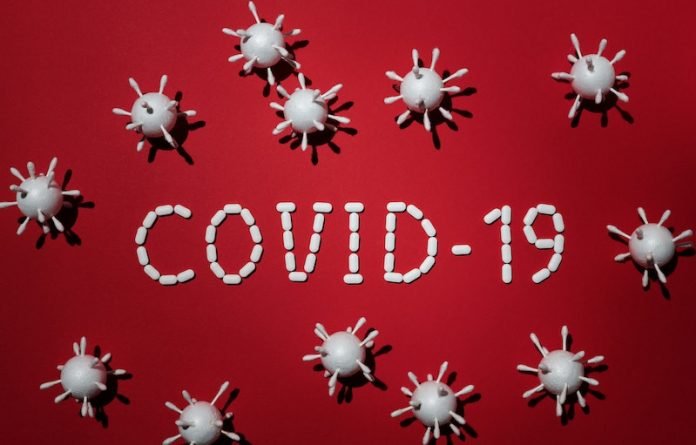
As the world has witnessed firsthand, SARS-CoV-2, the virus that causes COVID, is difficult to control because of its ability to rapidly mutate and produce many different variants.
In a study from Scripps Research, scientists found antibodies that are effective against many different SARS-CoV-2 variants, as well as other SARS viruses like SARS-CoV-1, the highly lethal virus that caused an outbreak in 2003.
The results showed that certain animals are surprisingly more able to make these types of “pan-SARS virus” antibodies than humans, giving scientists clues as to how to make better vaccines.
The findings reveal the antibody structures that produce this more comprehensive immune response.
They found these neutralizing antibodies recognize a viral spike region that is relatively more conserved, meaning that it is present across many different SARS viruses and is, therefore, less likely to mutate over time.
This discovery can inform how to develop next-generation vaccines that can offer additional protection against emerging SARS-CoV-2 variants and other SARS-related viruses.
The team says if they can design vaccines that elicit similar broad responses, these treatments could enable broader protection against the virus and variants of concern.
In the study, rhesus macaque monkeys were immunized with the SARS-CoV-2 spike protein–the outside portion of the virus that allows it to penetrate and infect host cells.
Two shots were administered, resembling a similar strategy used with currently available mRNA vaccines in humans.
Unlike these vaccines, however, the macaques were shown to have a broadly neutralizing antibody response against the virus–including variants such as Omicron.
The team found these antibodies recognize a conserved region on the edge of the site where the spike protein binds to host cells, called the angiotensin-converting enzyme 2 (ACE2) receptor binding site.
This is different than the region where the majority of human antibodies target, which overlaps more with the ACE2 receptor binding site and is more variable to change.
It’s important to note that the macaque’s gene coding for these broadly neutralizing antibodies—known as IGHV3-73—is not the same in humans.
The dominant immune response in humans is related to the IGHV3-53 gene, which produces a potent but much narrower neutralizing antibody response.
However, the scientists say this discovery opens the door to rationally designing and engineering vaccines or vaccine-adjuvant combinations that elicit more broad protection against SARS-CoV-2 and its many variants.
If you care about COVID, please read studies about how COVID-19 damages the lungs and aspirin could help prevent COVID-19 deaths.
For more information about COVID, please see recent studies about the new COVID vaccine for people with weak immune systems, and results showing exposure to harmless coronaviruses can boost your COVID-19 immunity.
The study was conducted by Raiees Andrabi et al and published in Science Translational Medicine.
Copyright © 2022 Knowridge Science Report. All rights reserved.



